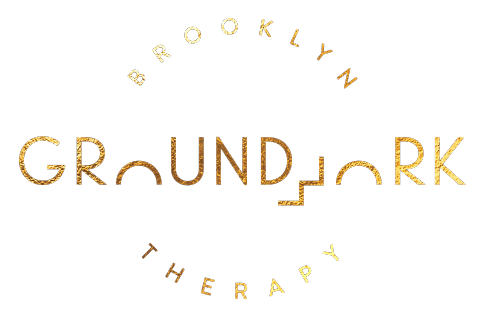Social Anxiety: What It Is, How to Deal With It, and More
Social anxiety is a feeling of intense fear and self-consciousness in social situations. Social Anxiety (or SAD) can be extremely debilitating, making it difficult to do things like attend parties or speak in public. If you're struggling with social anxiety, don't worry - you're not alone. In this article, we'll discuss what social anxiety is, how to deal with it, and more.
Understanding what social anxiety is and what causes it
Social anxiety is more than just feeling shy or nervous around people. It’s a legitimate mental health disorder that can cause intense fear and avoidance of social situations. According to the ADAA, Anxiety and Depression Association of America, social anxiety disorder or SAD affects 15 million adults nationwide or 7.1% of the US population. Symptoms of social anxiety can include racing heart, sweating, blushing, trembling, and stomach upset. People with social anxiety may startle easily, have trouble making eye contact, and find it hard to speak up in groups. While the exact root cause of social anxiety is unknown, it is believed to be brought about by a combination of genetic and environmental factors.
Common situations that may cause social anxiety include:
• Meeting new people
• Being introduced to someone important
• Being the center of attention
• Speaking in front of a group
• Eating or drinking in public
• Making small talk
• Going on a date
What Are The Main Causes of Social Anxiety?
There are a number of different factors that can contribute to social anxiety, including genetics, environment, and brain chemistry. For many people, social anxiety is brought on by a combination of these factors.
Genetics: Social anxiety can run in families, which suggests that it may be passed down from generation to generation. If you have a parent, relative or family member with social anxiety, you may be more likely to develop the condition yourself.
Environment: Research has shown that the environment can indeed play a role in triggering social anxiety. People who live in chaotic or unpredictable environments may be more likely to develop social anxiety disorder. This may be because they're constantly on edge, worrying about what might happen next. Additionally, people who are bullied or rejected by their peers may also be more likely to develop social anxiety disorder. This is because they may associate social situations with feelings of shame, embarrassment and rejection. If you're exposed to a lot of stress or trauma, you may also be more likely to develop social anxiety disorder. This is because your body may become sensitized to stress hormones, making you more prone to anxiety. While environmental factors alone don't cause social anxiety disorder, they can contribute to its development.
Brain chemistry: One theory is that SAD may be caused by an imbalance in brain chemistry. Specifically, individuals with SAD may have a deficiency of the neurotransmitter serotonin. It's a chemical messenger that plays a very important role in mood regulation. A deficiency of serotonin has been linked to feelings of anxiety and depression. Additionally, individuals with SAD may have an overactive amygdala, which is the part of the brain responsible for fear and anxiety. This can result in individuals feeling excessively fearful and anxious in social situations.
What Are The Treatment Options for Social Anxiety?
There are a variety of treatment options available for social anxiety. One of the most common is cognitive-behavioral therapy, which can help patients to identify and change negative thought patterns that may be contributing to their anxiety. Medication may also be prescribed in some SAD cases; beta-blockers can be particularly effective in reducing the physical symptoms that individuals experience, such as trembling and sweating. Some patients struggling with social anxiety may also find it helpful to join a support group or participate in relaxation exercises. The key is to finding a treatment plan that works for you, and with the help of a qualified mental health professional or a licensed therapist near you, it is possible to overcome social anxiety and live a normal, healthy life.
Helpful Tips on How to deal with social anxiety?
If you're struggling with social anxiety, there are a number of things you can do to ease your symptoms. Here are a few tips:
• Practice relaxation techniques such as deep breathing, yoga or meditation.
• Avoid alcohol and drugs, as they can worsen anxiety symptoms.
• Get regular exercise, as it can help to reduce stress and improve your mood.
• Challenge negative or anxious thoughts by asking yourself if there's any evidence to support them.
• Make gradual exposure to the things that make you anxious.
• Seek professional help if your symptoms are severe or are impacting your quality of life.
Social anxiety can be a disabling condition that prevents you from living the life you want to live. However, with treatment and self-help, it is possible to manage your symptoms and lead a happy, fulfilling life.
Groundwork Therapy is a Brooklyn-based team of licensed therapists and psychologists that can help you to deal with social anxiety. Our team is dedicated to helping people in the Brooklyn area overcome their mental health challenges and live happier lives.
Searching for a therapist for social anxiety? We can help. Contact Groundwork Therapy today to learn more about our services or to schedule an appointment. We look forward to hearing from you!


